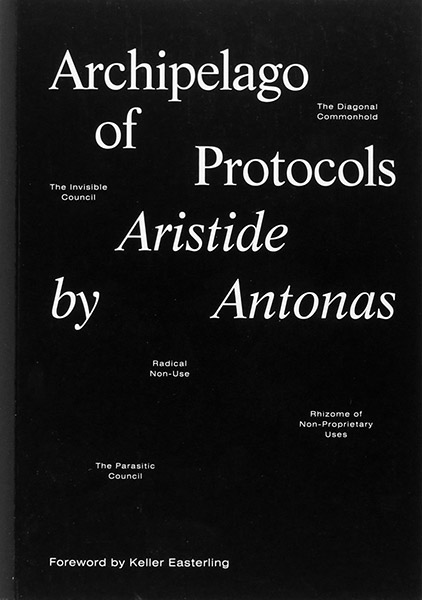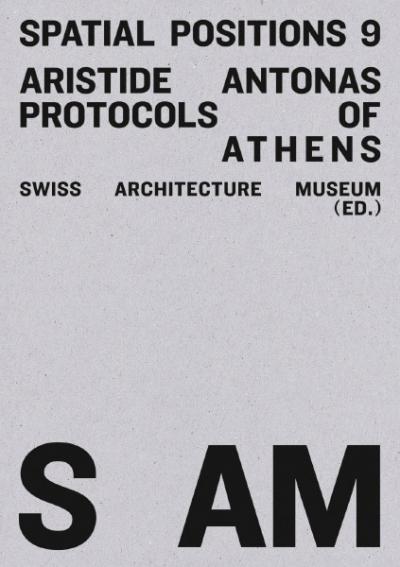Uncube interview with Aristide Antonas - Protocols of Athens
We can invent an abstract understanding of ruins, and I do not mean here only the ancient ones. In a sense, the European adoration of the ruin is linked to the analogous construction of fake ones. Follies or pseudo-ruins are not just the opposite of the real ruins; their fake character is also a “real” part of the ruin culture. Very few parts of the Athenian ruins are identified by archaeologists; most of them are ruins because they are traces of the past. But the unused old infrastructure pipes of modern Athens are also traces of the past. The new relation of Athens to its ruins is not didactic; we will not learn more about the ancient Greeks if we keep digging. But we could form landscape languages of remains and see how we can live next to them. The word “remains” is not only the enigma of archaeologists; it is the key word of a hegemonic global discourse concerning the anthropocene. Today we are obliged to inhabit a world of remains, of which Athens provides a privileged field. Ruins are idealised garbage from a lost time; we fetishise them by interpreting them anew.






